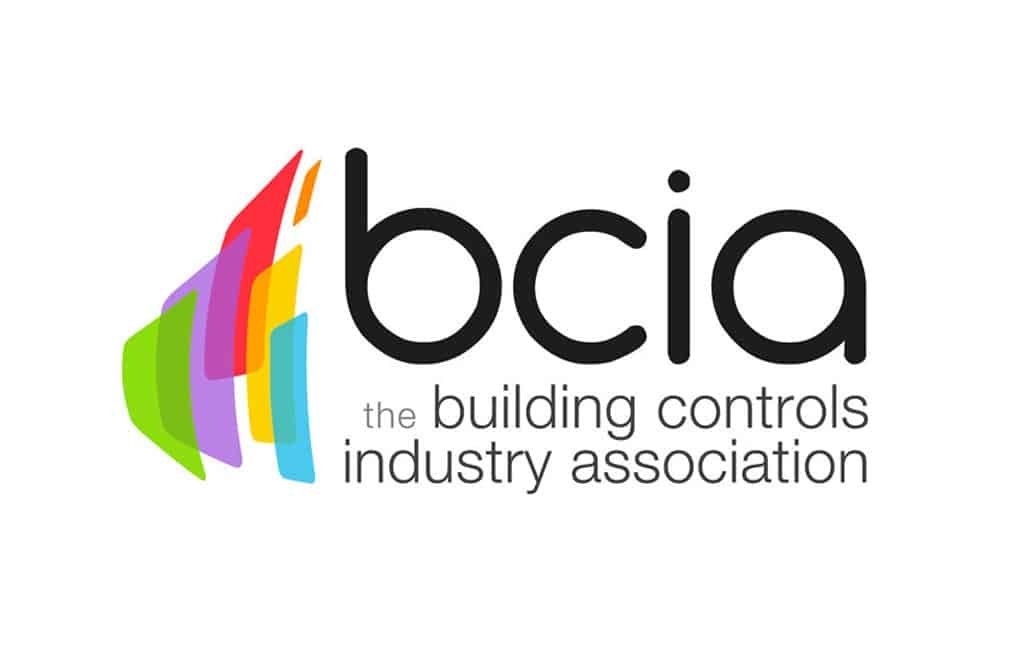Community spirit
BCIA President Graeme Rees believes that creating a more collective, “can do” attitude among staff can help workplaces reduce their energy costs and improve their environmental credentials.
We are in that time of year that traditionally feels the coldest in the UK, with the fun and fuzziness of Christmas disappearing behind us, not to mention the first ‘Winter World Cup’, as we begin to hope that spring will arrive a little earlier to warm us all up. In years past some households have chosen to keep their exterior Christmas lights up for the duration of January and even into February. Whether that’s to your liking or not it certainly brightens up a cold, dark street. I only took mine down last Saturday as it was the first day without wind or rain I’ve had since Christmas!
Unsurprisingly, the energy price increase has been trending frequently on my social media timelines in the past few months with several companies involved in the building controls industry articulating on the steps that can be taken with a BEMS to help make a positive difference.
Financial support packages aside, the response from the Government has been rather slow.
However, the National Grid’s Demand Flexibility Service will allow households to claim a discount for using less energy at peak times in a bid to balance supply and avoid blackouts. While this is aimed at the domestic market, the principle of reducing energy consumption between certain hours is a viable solution for managers of commercial buildings looking to reduce their bills and something that building controls can help take care of.
With regard to “doing our bit” in commercial premises I believe communication within an organisation is key, however big or small its building is or how many staff it employs. My thinking is that generally if people think something is being done to them against their will they tend to react negatively. For example, if the facilities manager just drops the temperature unannounced in order to save energy, at least one occupant will go and buy a fan heater to pop under the desk, counteracting the facilities manager’s cost-saving intentions. However, if there is a collective business initiative to save energy and this is communicated effectively so that every member of staff is brought into the wider initiative, a more collective spirit can be created, ensuring there is less of a “rebellion” response and more of an “all in it together” mood. This will hopefully result in temperature drops and other energy saving measures being more accepted and more constructive reactions seen (wearing a warm pullover for example rather than switching on a personal heater). If this spirit is successfully instilled it will hopefully lead to staff taking more responsibility around their workplace, such as turning off lights and only part filling the kettle – actions they may also follow at home to make personal savings.
It’s all basic stuff but is often overlooked. This will all contribute towards our larger, long term goal of the net zero target. By reducing energy usage we are not only reducing costs, but also reducing carbon so it’s a ‘win win’. This will also be received positively as we continue to adopt a more environmentally conscious mindset.
Breaking the record
Entries for this year’s BCIA Awards closed on Thursday 19th January and I am delighted to say we have smashed the previous record for number of entries. Thank you to everybody who took the time to submit an entry and I look forward to seeing the innovative products, ground-breaking projects and inspiring people competing for the prizes in May!
